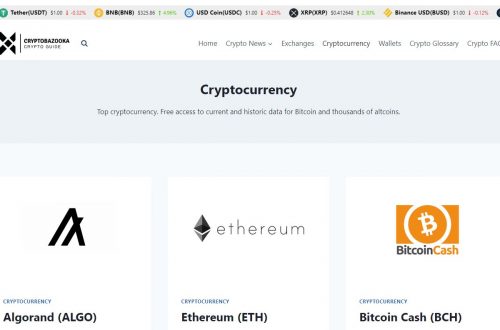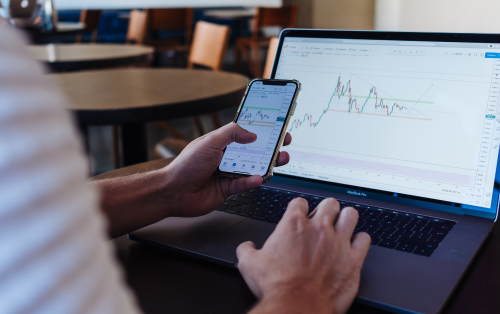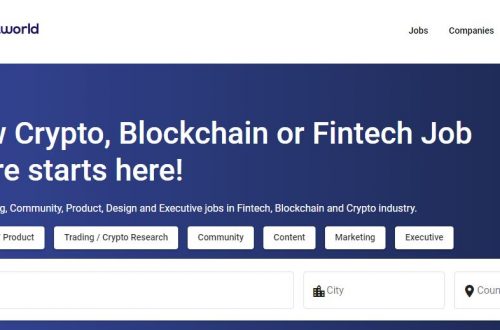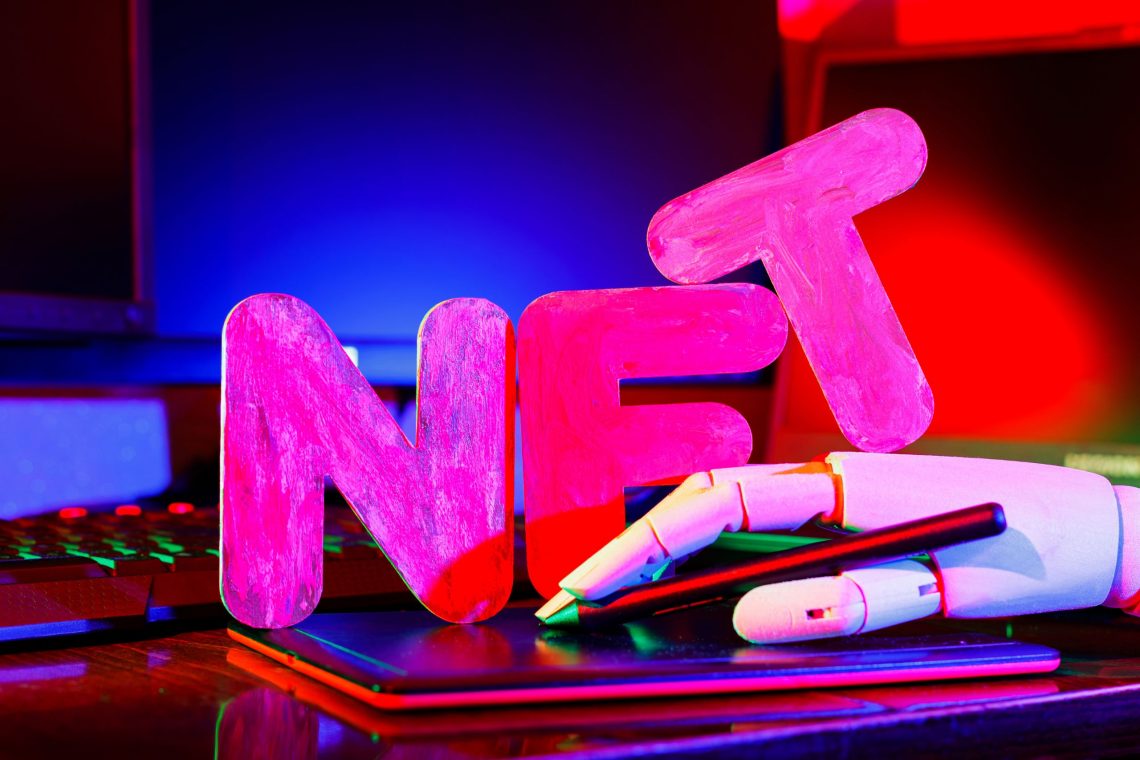
NFTs In Action: Exploring Real-World Applications Beyond Art
From their first connection with art and collectibles, non-fungible tokens (NFTs) have changed dramatically since their introduction to become vital digital assets in many other fields. St icated on blockchain technology, these unique tokens are perfect for many uses as they provide proven ownership and validity. NFTs are changing real estate transactions by means of fractional ownership and efficiency of the buying procedure. The healthcare industry uses NFTs for medical credential certification and secure patient data management. NFTs allow game users to really own their in-game assets, therefore creating new revenue opportunities. Moreover, NFTs are being used for identity confirmation, hence improving security and privacy in online contacts. NFTs are not only reshaping how we engage with assets in the digital age but also helping to shape creative solutions to real-world problems as these many uses develop. This changes the terrain of digital ownership.
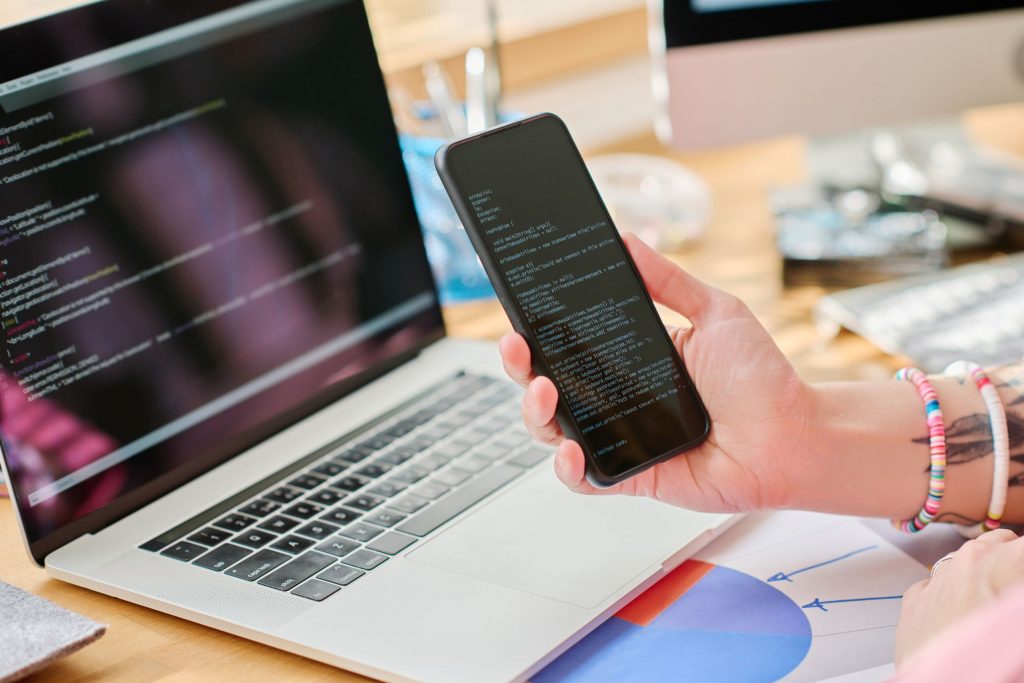
Transforming Real Estate Transactions
By means of blockchain technology, NFTs are simplifying and accelerating the whole purchase, selling, and management process, thus transforming our buying, selling, and managing of property. Real estate transactions historically include a mound of documentation and several middlemen like attorneys and realtors, which may slow down proceedings and add additional expenses. Property ownership is tokenized using NFTs, so any piece may be shown as a digital token on the blockchain. In addition to simplifying transactions, this makes them more accessible so that anyone may quickly purchase and sell fractions of houses.
Among its strongest characteristics are the little paperwork needed for NFTs in real estate. Blockchain records every transaction honestly and securely; so, long-standing ownership proving processes or extensive paper trails are not required. This reduces the labor needed for buyers and sellers to complete transactions and expedite them. Smart contracts, which are automated agreements entered into the blockchain, also guarantee that all requirements are satisfied prior to going ahead, therefore providing even another degree of security. NFTs are generally opening the path for a more reliable and efficient property market, therefore simplifying real estate investment for everyone!
Revolutionizing Gaming Economies
When it comes to ownership of in-game goods, NFTs are redefining the rules by letting players really own what they buy and earn. NFTs provide players actual ownership unlike conventional games in which objects may be locked away in an account and under control by the creators. Should you purchase an original outfit in a game running NFTs or a sword, you may trade, sell, or even use that item in another game with cross-platform capability. You are thereby investing in valuable real stuff rather than just gathering virtual ones.
Think of the popular play-to–earning game Axie Infinity, which allows players collect, construct, and battle unique Axies. Every Axie is an NFT—that is, players own their animals and might sell them on many marketplaces. Another amazing example is Blankos Block Party, where users may create and customize unique characters and items as NFTs, therefore exchanging or utilizing these assets throughout many games and platforms. This shift not only provides players greater power but also supports dynamic player-driven economics wherein the community decides the value of items, therefore creating fascinating opportunities for developers as well as for players.
Securing Digital Identity
NFTs provide a distributed and fresh method of identity management that may greatly improve our storage and validation of personal credentials. Blockchain technology offers a secure replacement for maybe compromised and fraud-prone centralized systems. Every NFT might represent personal data, such as driver’s licenses, academic degrees, or even age, therefore ensuring that this private information is securely preserved on a tamper-proof ledger. This suggests that you might verify your identification without risking the risk of falsification or hacking of your data.
Moreover, in the digital era NFTs respect your privacy. Many times, conventional identification verification requires a lot of personal data, which might be stolen from databases or improperly handled by outside third parties. NFTs let you prove your identity without disclosing more than is necessary, therefore enabling you to choose only what is needed for each situation. Apart from protecting your privacy, this streamlines and simplifies processes like voting or application for services. In a world where digital encounters are more frequent, NFTs are paving the road for a safer, more private online experience.
Enhancing Ticketing Systems
From where we stand, NFTs are replacing traditional paper tickets with safe digital tokens. One of the key benefits of NFT ticketing is higher degree of security. False tickets or scalping is almost impossible as every NFT ticket is unique and logged on the blockchain. Attendees and event planners may quickly confirm the validity of their tickets, therefore relieving some of their concerns about last-minute shocks or being ripped off. This flawless experience not only improves security but also makes entrance to events easier so that fans may enjoy their time free from ticket problems.
NFT tickets also include some rather interesting bonuses! Attending an event with an NFT ticket entitles you to a digital badge known as a proof of attendance. This could provide special benefits such access to exclusive content, chances to meet athletes or artists, or even discounts on upcoming events. You are thus not only guaranteeing your attendance at your chosen events or games but also gaining access to a community and experiences that regular tickets just cannot provide. Everybody engaged gains something from it.
Improving Supply Chain Transparency
NFTs are transforming tracking and authentication of products, therefore improving the flow from manufacture to distribution and increasing dependability. Every product may have a distinct NFT that functions as a digital passport with all the pertinent information about it. This spans its origins, manufacturing techniques, and even its journey through the supply chain. For a freshly created item, the NFT notes, for example, the manufacturing site and techniques. As the item moves through many stages, every transfer—from the maker to the retailer—can be recorded on the blockchain. This allows everyone engaged—including consumers—to quickly see the whole history of the product, therefore guaranteeing the authenticity of what they are buying.
Furthermore, NFTs are very important for encouraging moral procurement. Thanks to the openness NFTs provide, businesses can readily show that their goods are produced with fair labour standards or from sustainable resources. This enables consumers to make wise judgments as well as helping companies establish confidence with their clients. Knowing the background of the things they are purchasing helps consumers choose goods that fit their beliefs, including those of supporting ecologically sustainable firms. This degree of information promotes a more ethical market where customers may feel good about their purchases and businesses may be held responsible for their operations.
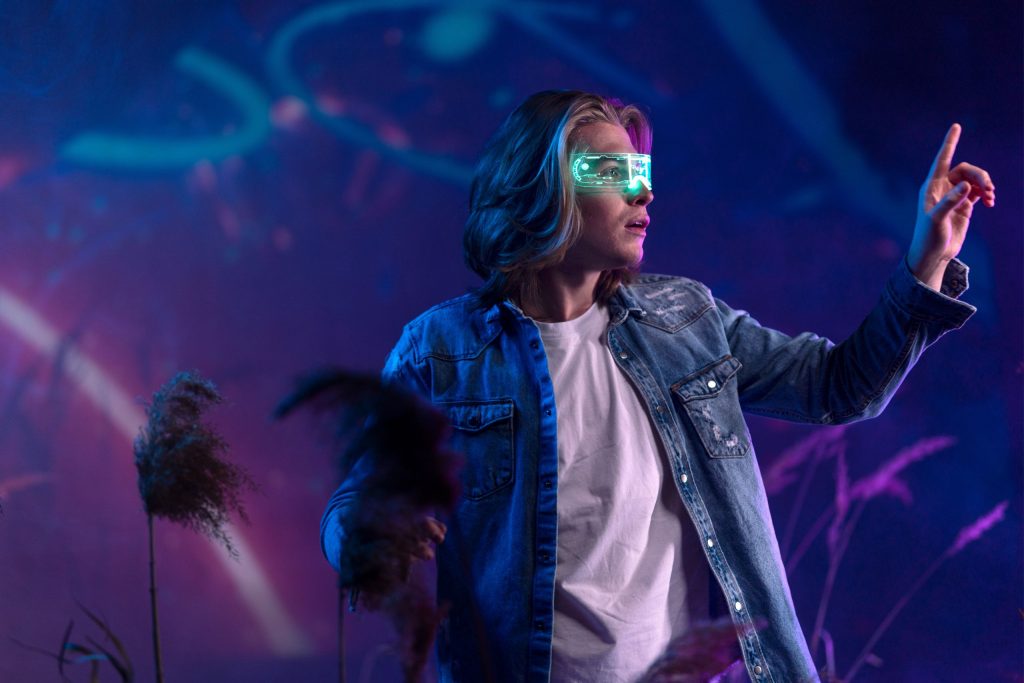
Conclusion
Rapidly spreading their impact beyond the art scene, Non-Fungible Tokens (NFTs) are demonstrating transforming uses in several sectors like gaming, banking, identity management, supply chain authentication. NFTs let players really own and trade digital assets, enabling safe and quick ticketing for events, and improve the traceability and openness of goods throughout supply chains by offering verified ownership, uniqueness, and simplicity of transfer. This dynamic technology is set to challenge conventional ideas of ownership and value exchange as companies search for creative means to introduce NFTs into daily life. Readers should therefore be aware of the changing scene of NFTs and their probably influence on several spheres.


